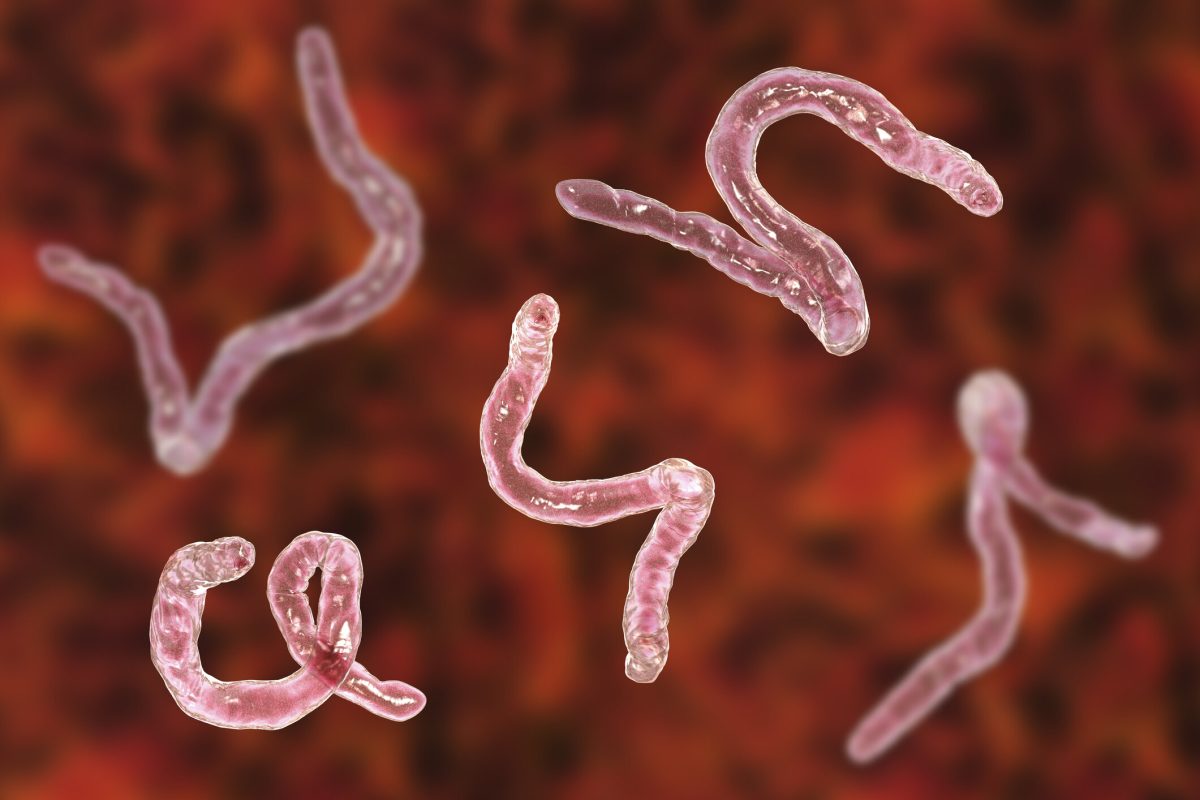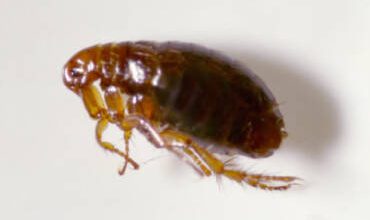Pinworm infection is a common issue for many people, especially in homes with young children. These microbes can cause a variety of health problems, but one common question is can pinworms cause weight gain? Understanding the relationship between pinworms and weight fluctuations can help clarify and address common mistakes.
Understanding Pinworm Infections
Scientifically known as Enterobius vermicularis, pinworms are tiny white worms that affect the human intestines. It is most commonly seen in children but can also affect adults. The main symptom of pinworm infection is itching around the anus, especially at night. This happens because female pinworms lay their eggs in the area, causing irritation.
Pinworms easily spread through contaminated surfaces, bedding and even direct contact. Proper hygiene and regular sanitation are essential for effective prevention and treatment of pinworm infections. While pinworms can cause discomfort and interfere with daily life, they are generally not associated with serious health complications.
Can Pinworms Cause Weight Gain?
The direct connection between pinworms and weight gain is not well-established. Pinworm infections are generally associated with symptoms like loss of appetite, abdominal discomfort, and disturbed sleep. These symptoms are more likely to result in weight loss rather than weight gain.
However, some indirect factors could create confusion about whether pinworms cause weight gain. For example, the disruption in sleep caused by pinworm infections can lead to fatigue and reduced physical activity, which might contribute to slight weight changes. Additionally, the stress and discomfort caused by the infection might alter eating patterns, potentially affecting weight.
Pinworms primarily feed on nutrients from the host, but their impact is usually minimal. Severe cases of infection might cause nutritional deficiencies rather than excess weight. If significant weight changes occur during a pinworm infection, it is more likely due to other underlying conditions or lifestyle factors rather than the parasites themselves.
Mold Weight Gain and Health Concerns
While discussing weight changes and health, it is important to address the potential link between mold and weight gain. Mold exposure can lead to various health issues, including respiratory problems, fatigue, and allergic reactions. In some cases, it might also contribute to weight changes.
Mold weight gain may occur indirectly. Prolonged exposure to mold can cause inflammation and disrupt the body’s metabolism. This can result in hormonal imbalances, which might lead to weight gain over time. Additionally, individuals dealing with mold-related fatigue or illness may engage in less physical activity, further contributing to weight changes.
Mold exposure and pinworm infections are different health concerns, but both can impact overall well-being. While pinworms do not directly cause weight gain, mold exposure has been linked to changes in metabolism that might contribute to this issue.
Addressing Pinworm Infections Effectively
To manage and prevent pinworm infections, maintaining good hygiene is crucial. Regular handwashing, cleaning bedding, and avoiding nail-biting can reduce the risk of spreading or contracting pinworms. Medications such as mebendazole or pyrantel pamoate are commonly used to treat pinworm infections effectively.
If you or someone in your household is experiencing symptoms of a pinworm infection, consulting a healthcare provider is essential. They can confirm the diagnosis and recommend appropriate treatment options.
When to Seek Medical Advice
While pinworms are not typically dangerous, persistent symptoms or significant weight changes should be evaluated by a healthcare professional. If you suspect that mold exposure is contributing to health issues or weight gain, it is important to address the source of the mold and consult with a medical expert for proper guidance.
Weight changes can result from various factors, including diet, physical activity, stress, and underlying medical conditions. Understanding the root cause of weight fluctuations is essential for effective management.
Conclusion
The question, “Can pinworms cause weight gain?” often from a misperception of the effects of parasites on the body. Pinworms cause more discomfort, pain and nutritional imbalances than weight gain. On the other hand, mold exposure may contribute to abnormal weight fluctuations through its effects on metabolism and hormonal balance.
By managing pinworm infections with proper hygiene and treatment, and managing mold problems with environmental hygiene and medical advice, individuals can take control of their health and well-being If persistent or severe changes in weight, consult a health care professional to help identify causes Eligibility etc. It may indicate appropriate interventions.



